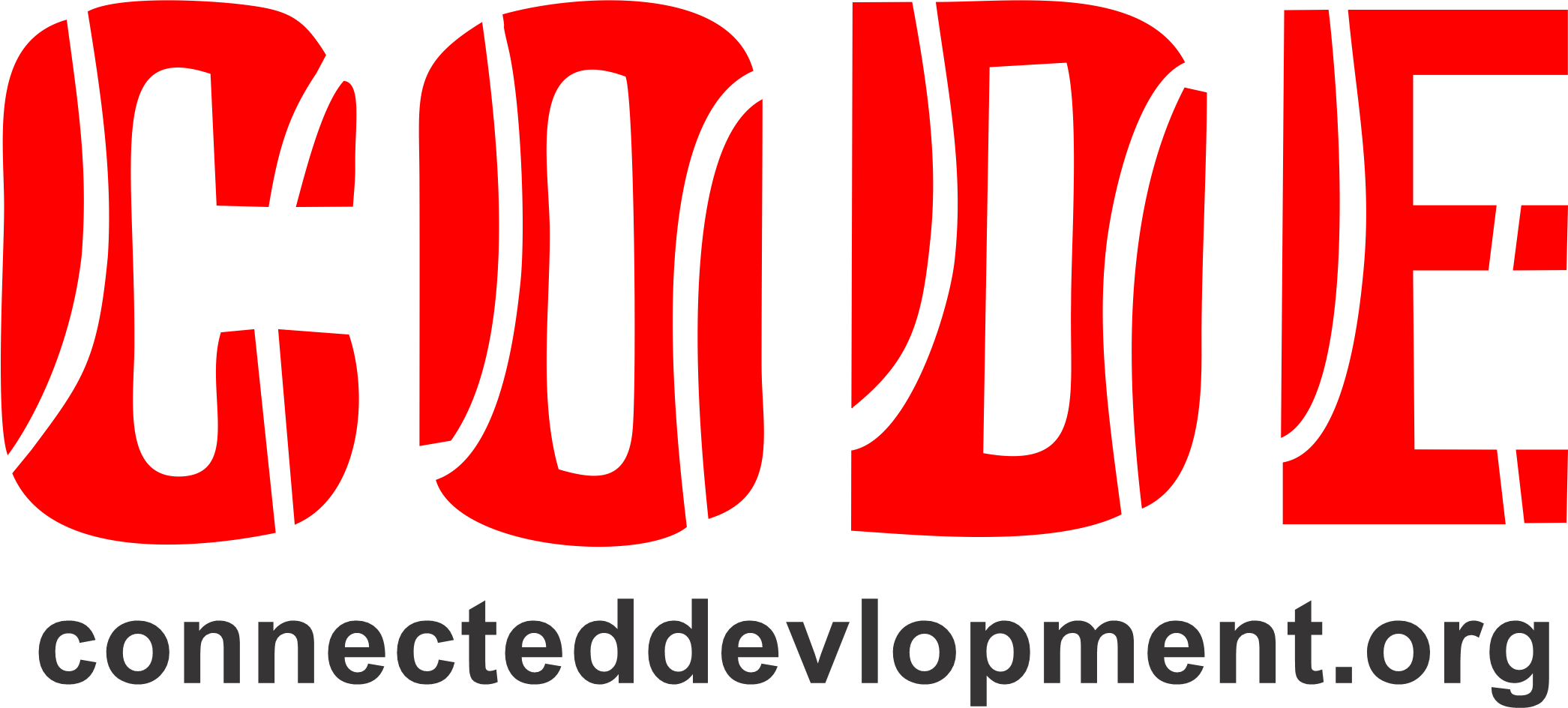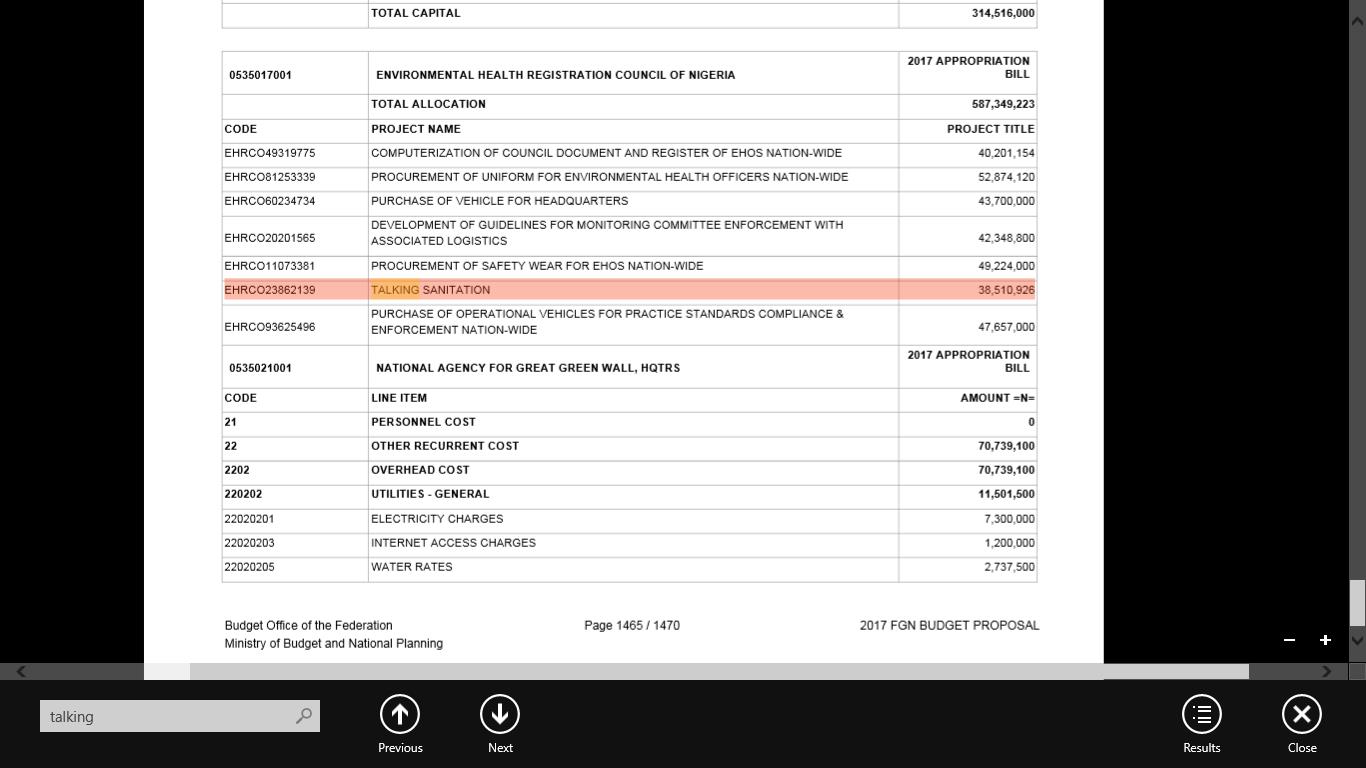Climate Change Mitigation, Adaptation and Trigger-Factors on the 2017 Budget Proposal
(‘Talking Sanitation’ – an unclear and questionable budget item under an agency of the Environment Ministry)
On the 30th and 31st January 2017, the Centre for Social Justice (CSJ) in partnership with the German Embassy organized a Workshop on Climate Change and the 2017 Budget Proposal. In participation were over 30 participants drawn from relevant government’s Ministries, Departments and Agencies (MDAs); Civil Society Organizations; the academia; and the private sector. Connected Development was invited in recognition of our works in Sustainable Development and I represented the organization.
The workshop was a product of a CSJ’s project on devising templates for a low carbon budget framework in ten key sectors of the Nigerian economy. The sectors involved are agriculture, energy, environment, finance and national planning, housing, labour and productivity, mines and steel, transport, water resources and works. The project is also geared to mainstream mitigation and adaptation measures on climate change into the budgeting process.
The workshop was for an intensive analysis of the 2017 federal budget in the aforementioned ten sectors on climate change mitigation and adaptation budget lines, as well as budget lines that would lead to the emission of more greenhouse gases into the atmosphere. A key component of the workshop was a policy brief which would be used in engaging various federal legislative committees in the approval of the 2017 federal budget.
The first day of the conference started with paper presentations on the budget of several ministries, representing the aforementioned sectors. Post these interesting presentations was then the segmentation of the participants into several groups to further analyse segments of the budget and make policy recommendations on how the budget could further and effectively influence climate change mitigation and adaptation. These recommendations would be forwarded to the National Assembly.
Key observations from the workshop include that most of the budget lines on the 2017 budget were deeply ambiguous, questionable and lack-specificity. This has occasioned a scenario where the public cannot be able to analyse these items thoroughly or even understand what they mean (see the image above). It is expected that moving forward, several ministries should make these budget items specific with some details even if a budget item could take three lines.
I was really impressed by this workshop, with the great team of CSJ that did beautiful work in organizing the event, embarking on such great research and having the papers ready for review during the workshop. I also met interesting participants and elemental stakeholders from several MDAs whose group contributions were so helpful, and offside discussions during tea and lunch breaks, I learnt so much from. I so much hope that through the post workshop strategies that were identified at the end of the conference, CSJ would be able to initiate extensive debates on the National Assembly during deliberations on the 2017 budget proposal.
Chambers Umezulike is a Program Officer at Connected Development and a Development Expert. He spends most of his time writing and choreographing researches on good and economic governance. He tweets via @Prof_Umezulike.

